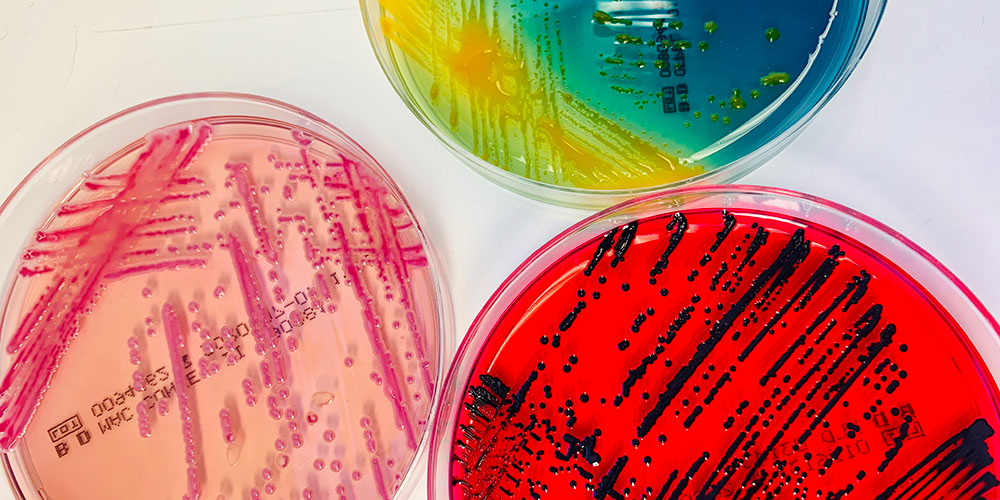A team at the Institute of Molecular and Clinical Ophthalmology Basel (IOB) and the University of Basel is hunting for the causes of hereditary retinal diseases. By doing so, the researchers are laying an important foundation for gene therapies aimed at combating vision loss.

The WHO places 'noma' on the list of neglected tropical diseases. The University of Basel and the Swiss Tropical and Public Health Institute provided critical epidemiological data.
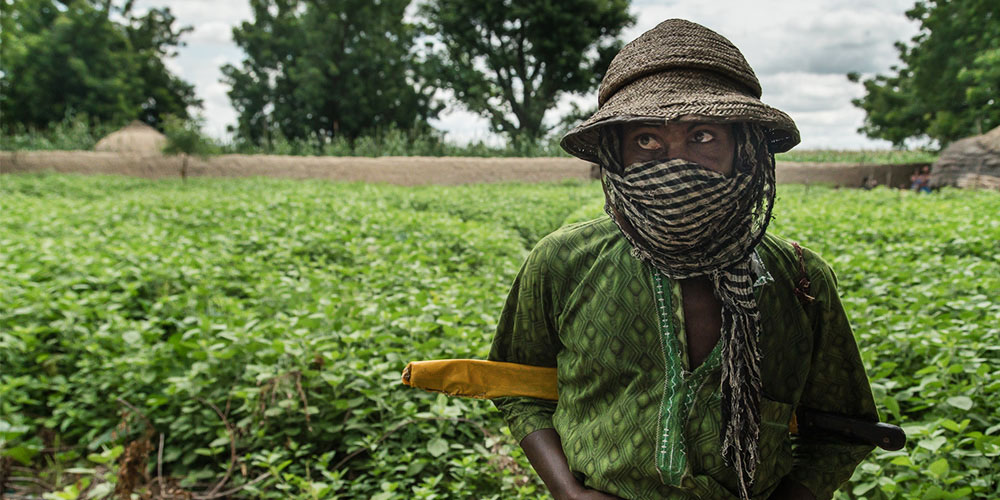
Fighting disease-causing bacteria becomes more difficult when antibiotics stop working. People with pre-existing conditions in particular can carry resistant germs and suffer from repeated infections for years, according to a study by the University of Basel and University Hospital Basel.
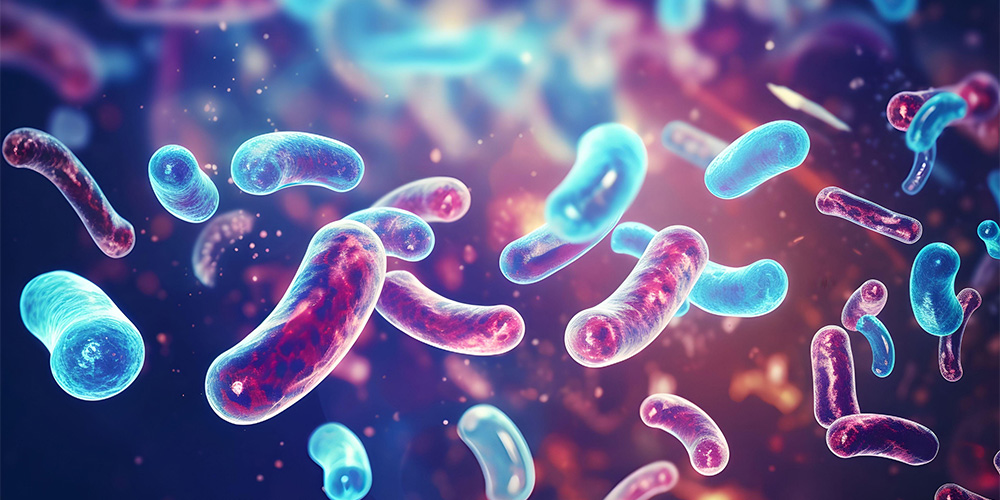
The University Council has elected Alexandre Datta as professor of neurodevelopmental pediatrics and Julia Rischbieter as professor of the history of capitalism.
Researchers at the Universities of Basel and Zurich have discovered the genetic material of the pathogen Treponema pallidum in the bones of people who died in Brazil 2,000 years ago. The new findings, published in the scientific journal Nature, call into question previous theories concerning the spread of syphilis by the Spanish conquistadors.
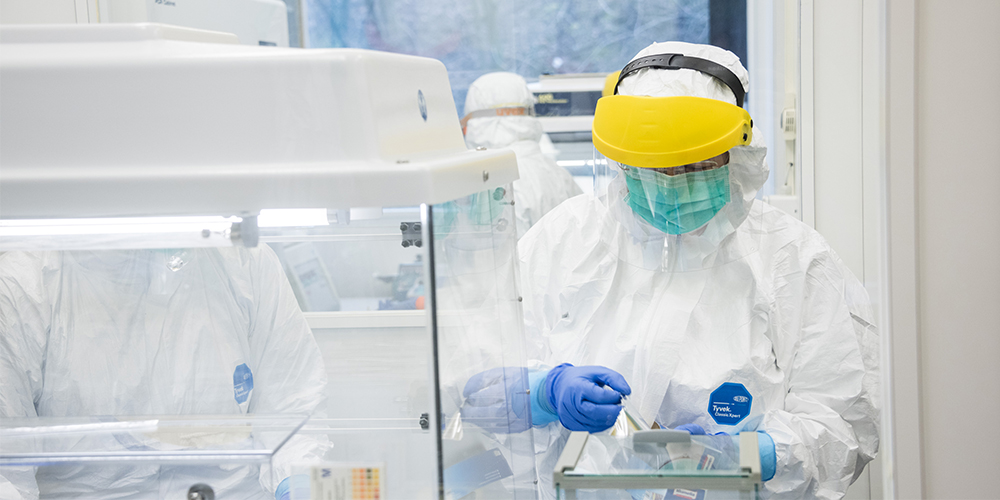
The President’s Board has appointed Dr. Phil Baumann as assistant professor (without tenure track) of public law at the Faculty of Law. He will take up his five-year position on 1 February 2024.
The Swiss Finance Institute is recognized as one of the world’s leading think tanks in the field of financial market research. The University of Basel is now a member of this network, in which Swiss university professors conduct research on banking and finance issues.
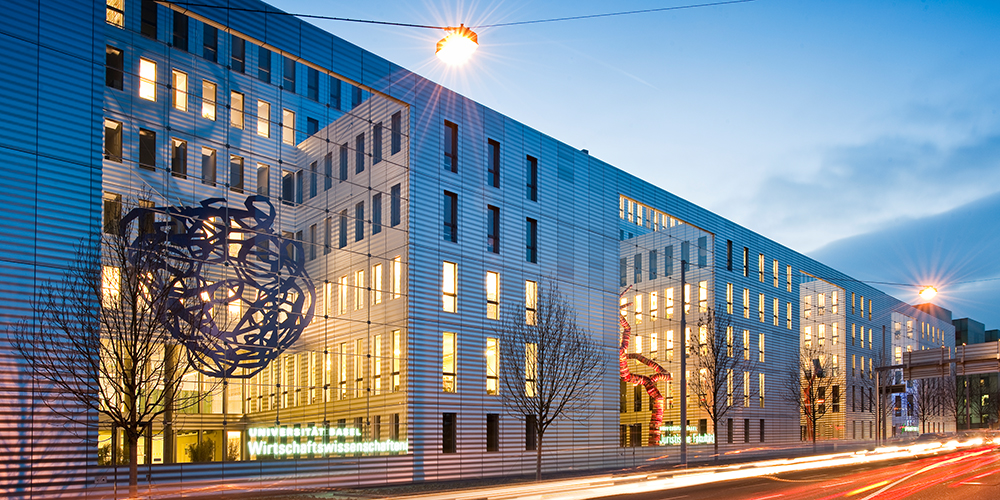
Researchers at the University of Basel have built a quantum memory element based on atoms in a tiny glass cell. In the future, such quantum memories could be mass-produced on a wafer.

Unknown germs are a common occurrence in hospitals. Researchers at the University of Basel have spent many years collecting and analyzing them. They have identified many new species of bacteria, some of which are significant for clinical practice.
